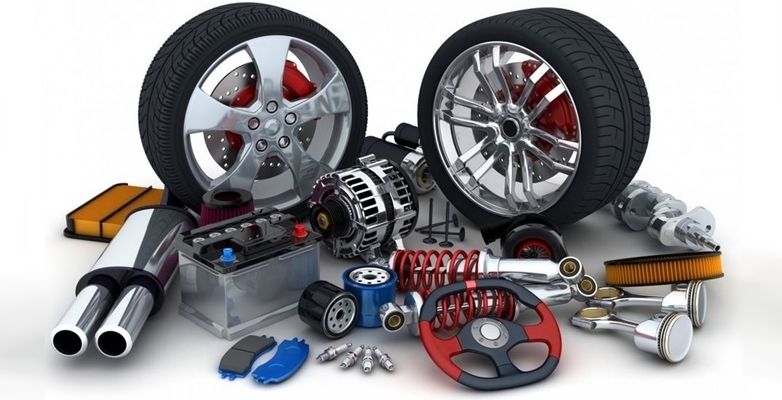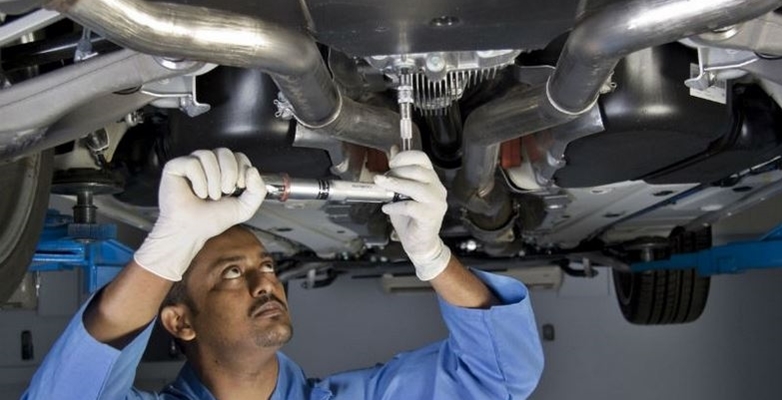Genuine, Generic, New, Used...?

When you need to replace a part on your car, you can choose between genuine and generic, as well as between new and used. How to know which choice is the best? Let’s consider different options in some detail.
Buying New: Genuine or Generic?
Genuine car parts are those that come under the brand name of the car manufacturer (that is, your car). You are probably aware that most car parts are not produced by car manufacturers. Instead, they are sourced from independent suppliers who have to adhere to specific standards. That means that genuine parts come with the car manufacturer’s seal of approval.
The advantage of buying genuine parts is that they are simple to buy. Armed with the relevant information (your cars make, model, VIN number), you can’t go wrong. Genuine parts take the guessing out of shopping. They should work exactly as the ones you are replacing and usually come with a one-year warranty. All in all, buying genuine provides a peace of mind.
The disadvantage is that genuine or branded car parts are as a rule expensive and that they can be difficult to find at short notice.
Generic parts do not bear the name of the car manufacturer. They are cheaper and freely available. Those are their two main advantages.
Generic car parts can be made by the same suppliers that produce the “real thing”. Or they can be manufactured by unrelated companies that use reverse engineering to design the parts. In either case, generic parts can be of the same quality as the branded ones... or not. Since they do not go through the same controls as the branded parts, their quality can be sub-standard. On the other hand, since the competition among the producers of generic car parts is fierce, you may even end up with a better part than the original.
This guessing game is one of the biggest disadvantages of buying generic parts. On top of that, they are often sold without warranty. So, do your research well or seek advice of experts before making a purchasing decision.

What about Used or Remanufactured?
Used parts are the most affordable and can be a good alternative when repairing an older can or a car with high mileage. Of course, used parts come with some level of wear and will not last as long as new parts.
Some used parts are sold as refurbished or reconditioned. This simply means that they have been cleaned and that a few external components (such as nuts and bolts or gaskets) were perhaps replaced. However, they are still used parts and have the same level of wear as non-refurbished parts.
Remanufactured or rebuilt parts are different. The remanufacturing process is usually applied to complex used components, such as transmission. The component is taken apart and the work or failed part is replaced with a new one. The component is then tested, and the final result can be (practically) as good as new.
What to Choose?
All in all, you should weigh the cost of the replacement parts against the value of the car. If your car is still under manufacturer’s warranty, you will naturally opt for new genuine parts. You would probably go the same route in the case of an older luxury car that you intend to keep for a while longer. On the other hand, it might be a waste of money to use a high-priced genuine part for an old, high mileage standard car.
Having said that, it is worth emphasising that some replacement parts should be purchased new, preferably branded, or sourced from a reliable generic parts manufacturer. All parts directly related to safety fall into this category: brakes, steering, suspension...
Buying Car Parts on Bob Shop
Internet has greatly simplified the search for car parts. Thus, you can buy all types of car parts on Bob Shop: new, used, generic and genuine. To find them, visit the bobshop car parts and accessories. You may then go to a specific subcategory and narrow your search with the help of the “search within results” functionality. You can also use the navigation menu to filter your results by price, condition, location, warranty, and so on.